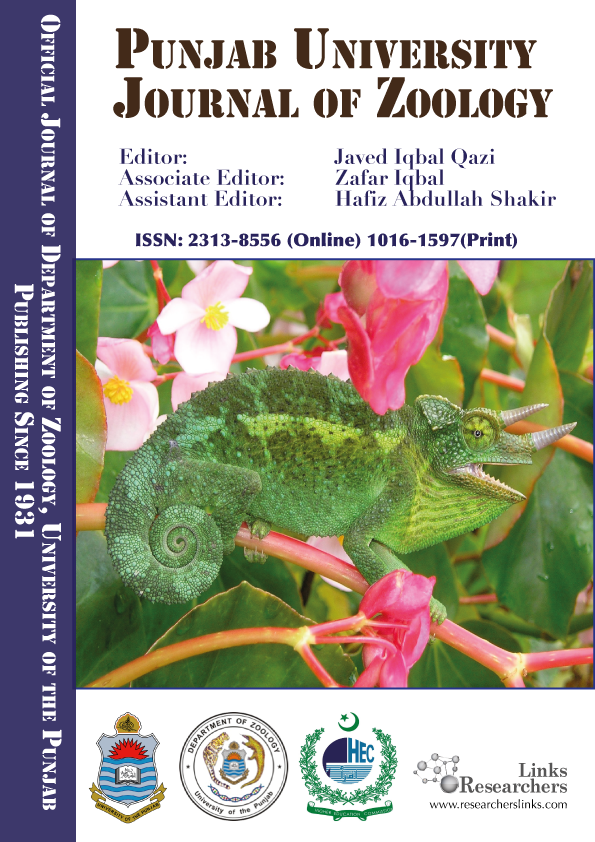There are numerous adverse effects of the COVID-19 pandemic on both public health and the global economy. The population of the third world has been struck particularly severely. The objective of this research is to identify affordable medical resources that can be utilized to treat prevalent bacterial infections that impact the local population. Ten propolis samples from South Punjab were analyzed. Phenolic acids (Sinapic acid, Caffeic acid, and gallic acid) and flavonols (kaempeferol, Quercetin, and myricetin) were quantified by means of UV detection in reverse phase high-performance liquid chromatography (RP-HPLC). The propolis samples exhibited substantial variation (P < 0.05) in the total flavonol and phenolic acid contents, which span a range of 52 to 183 mg/kg dried matter respectively. The agar well diffusion method was employed to assess the additional in vitro antibacterial activity of the samples against two Gram positive bacteria (Staphylococcus aureus, Bacillus cereus) and three Gram negative bacteria (Pseudomonas aeruginosa, Escherichia coli, and Salmonella typhimurium). The effectiveness of the samples was greater against Gram positive bacteria (MIC = 0.3 mg/mL) compared to Gram negative bacteria (MIC = 0.9 mg/mL). Upon testing the synergy between Ciprofloxacin and one of the samples, it was found to be exceptionally potent.
Novelty Statement | As the use of indigenous materials is of global interest, so we chose propolis- a bio-waste from honeybee hives to investigate its therapeutic potential. The present work is the first report on the phenolic profile and antibacterial activity of Propolis from different regions of South Punjab, Pakistan.







